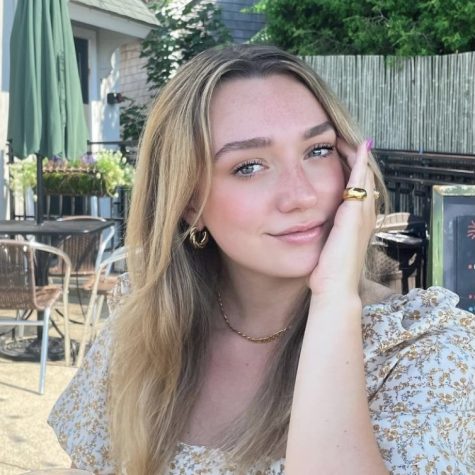
At the end of every academic year at Suffolk University, students trek through the competitive Boston housing market to find the perfect place to live for their next semester.
Suffolk only offers guaranteed housing for first and second year students. The pressure is already heavy for these apartment searching rookies, with moving into their own place for the first time and having to navigate the complex, and pricey, Boston housing market on their own.
COVID-19 has made this hunt incredibly more stressful – and uncertain. But Suffolk’s Off-Campus Housing Office (OCHO) has been working to assist students through zoom meetings, phone calls and emails and will continue to do so throughout the summer.
“Right now the biggest concern for folks working on an off-campus apartment search is their timeline,” said Yvette Velez, director of OCHO. ”Because of COVID-19 and the uncertainties of how many classes a student may have on-campus versus hybrid or possibly online, it has given some folks hesitation.”
Velez said many students are wondering when they should sign a lease, if at all.
While Suffolk officials said they hope to have classes on campus in the fall, there is still a chance the pandemic will push classes online. Students and their cosigners do not want to commit to an apartment they would have to pay for even if they won’t be able to return to campus.
For Sydney Joseph, a rising junior at Suffolk, the housing search during the pandemic has been nerve-racking for this very reason.
“I feel like I’m going into it somewhat unprepared and I’m not sure when to make the decisions of signing a lease and what steps I should do this in,” said Joseph.
Due to social distancing guidelines and hygiene protocols, students are not able to physically tour potential apartments. Instead, most property managers are hosting virtual tours over video call.
“If a student is going on a virtual tour with a broker, we encourage them not to be afraid of asking to see something up close and to ask for dimensions of a room because it can be difficult to see that in a virtual tour,” said Velez.
Students also need to decide on a neighborhood to live in without being able to physically visit it and see what it would like on a regular day, as COVID-19 has caused universities to send students home and many would-be neighbors are not leaving their homes.
Joseph has driven around the neighborhoods of the apartments she was going to tour before the pandemic hit. She evaluated how close each was to an MBTA station and how safe of an area it seemed to be.
Students have had to get creative with the way they inspect prospective neighborhoods. Google Maps and websites for the MBTA, City of Boston and Suffolk OCHO can help students understand what each area would be like to live in, Velez said.
Katherine Vinson, a rising senior criminal justice major at Suffolk, has already signed a lease for an apartment in East Boston for the fall semester.
Vinson has found it difficult to communicate virtually with her roommates and landlords.
“The hard part about communicating through text or Facetime is finding a time when we are all free to call each other. Sometimes it would be a few hours before a response to a text which made the process longer,” said Vinson
Scams are another obstacle students have to face during this complicated housing search. Velez has noticed a rise in scams since COVID-19 hit the city.
“We remind students not to wire money and to be on the lookout for fake photos, or photos stolen from an older listing,” said Velez. “Keep an eye out for listings with unusually low rent, listings with grammatical or spelling errors and offers to pay the security deposit in installments.”
During a webinar for students, OCHO officials explained some things to consider while looking for a place to rent during the pandemic.
Officials said the timeline of finding and solidifying an apartment has been shifted due to the crisis. Students should take the spring to talk to family and co-signers, identity roommates, gather money to pay upfront and select a realtor or property manager. In June or July, students should begin to view apartments and sign a lease.
In previous years, OCHO encouraged students to secure housing much earlier due to Boston’s competitive market.
“Additional advice I can give a student is to just be prepared to be flexible and to read their contract and attached amendments carefully before they sign,” said Velez.





















Thomas Clarence • Oct 15, 2020 at 1:51 pm
I thought it was interesting when this article talked about how it is important for students to be flexible when they looking for housing. In my opinion, if a student is able they should live in an off-campus apartment because they will have more personal space and won’t have to be around other people all the time. Having more of your own personal space can help you to deal with the stress that can come from being a college student. https://mysummerwood.com/floor-plans/